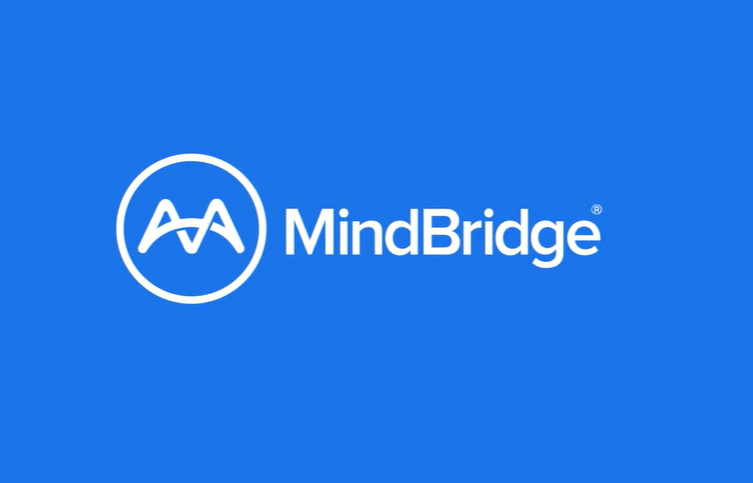In today’s competitive landscape, accountants and CPAs must adapt innovative strategies to attract and retain clients. Marketing automation offers you a dynamic approach to streamline lead nurturing, making the client acquisition process more efficient and personalized.
Let’s explore advanced marketing automation strategies to help you accomplish this, including email workflows, personalized content delivery, and data tracking.
Why Marketing Automation Matters for Accounting Firms
You operate in a client-driven industry where trust, professionalism, and timely communication are paramount. By implementing a marketing automation strategy, you can optimize your marketing efforts, allowing teams to focus on providing exceptional client service.
Marketing automation tools enable you to:
- Save time by automating repetitive tasks.
- Maintain consistent communication with leads and clients.
- Personalize interactions to build stronger relationships.
- Track and analyze lead behavior for data-driven decision-making.
Step 1: Build Effective Email Workflows
Customer relationship management (CRM) tools with email workflows are a cornerstone of marketing automation. They allow your team to nurture leads systematically through tailored email sequences that address the specific needs of prospective clients.
Here’s how to do it:
1. Segment Your Audience
– Group leads by factors such as business size, industry, or specific accounting needs.
– Use segmentation to send targeted emails that resonate with each group.
2. Create Engaging Email Sequences
– Develop a welcome series for new leads.
– Send educational content, such as tips on tax planning or financial forecasting.
– Schedule follow-ups based on engagement metrics (e.g., email opens or link clicks).
3. Automate Triggers
– Set up triggers to send emails based on lead actions, such as downloading an eBook or attending a webinar.
– Use reminders to re-engage inactive leads.
Step 2: Personalize Content Delivery
Generic marketing messages no longer suffice in today’s competitive accounting sector. Personalized content delivery ensures that your messaging aligns with individual client needs and interests.
Here are the steps to achieve this:
1. Leverage Data Insights
– Use client data to understand their challenges and preferences. You can find this using website analytics, client surveys, and conversations.
– Tailor content based on client segments (e.g., small businesses, nonprofits, or high-net-worth individuals).
2. Dynamic Content Creation
– Utilize dynamic fields in emails to personalize subject lines and greetings, such as first name, industry, services, pain points, and more.
– Incorporate relevant case studies, success stories, or service recommendations into your messages.
3. Deliver Content Across Channels
– Share tailored content through email, social media, chatbots, and SMS (text messaging).
– Ensure that your website dynamically displays relevant resources, such as blog posts or guides, for returning visitors.
Step 3: Track and Analyze Data for Continuous Improvement
Effective lead nurturing is a data-driven process. Marketing automation platforms offer robust tools to track lead behavior, measure paid or organic campaign performance, and refine strategies.
Make the most of these capabilities by:
1. Monitoring Key Metrics
– Track metrics such as email open rates, click-through rates, and lead conversions.
– Analyze which content types and topics generate the most engagement.
2. Implementing Lead Scoring
– Assign scores to leads based on their interactions with your marketing materials.
– Use these scores to identify and prioritize high-value prospects for personalized outreach.
3. Refining Campaigns Using Insights
– Continuously test and adjust your workflows and content.
– Experiment with A/B testing for subject lines, email designs, and calls to action.
Marketing Automation Benefits
By adopting marketing automation, your team can unlock numerous advantages, including:
- Improved Efficiency: Automating repetitive tasks reduces manual effort and increases productivity.
- Stronger Client Relationships: Personalized content builds trust and positions your firm as a valuable partner.
- Enhanced Lead Conversion: Data-driven insights enable you to identify and engage high-value leads more effectively.
- Scalability: Automation tools grow with your firm, allowing you to handle larger volumes of leads and clients without sacrificing quality.
Get Started
To integrate marketing automation successfully, follow these steps:
- Define Clear Goals: Determine what you aim to achieve, such as higher lead conversions or improved client retention.
- Choose the Right Tool(s): Select a platform that aligns with your firm’s size, budget, and specific requirements.
- Train Your Team: Provide training to ensure your staff can effectively use the automation tools.
- Start Small and Scale: Begin with a few key workflows, such as welcome emails or follow-ups, and expand over time.
Marketing automation is a powerful ally for accounting firms looking to streamline lead nurturing and improve client acquisition. By implementing a marketing automation strategy, your firm can stay ahead of the competition and build lasting relationships with clients.
Will you start your automation journey today and transform the way you connect with leads and clients?
Thanks for reading CPA Practice Advisor!
Subscribe Already registered? Log In
Need more information? Read the FAQs
Tags: Firm Management





